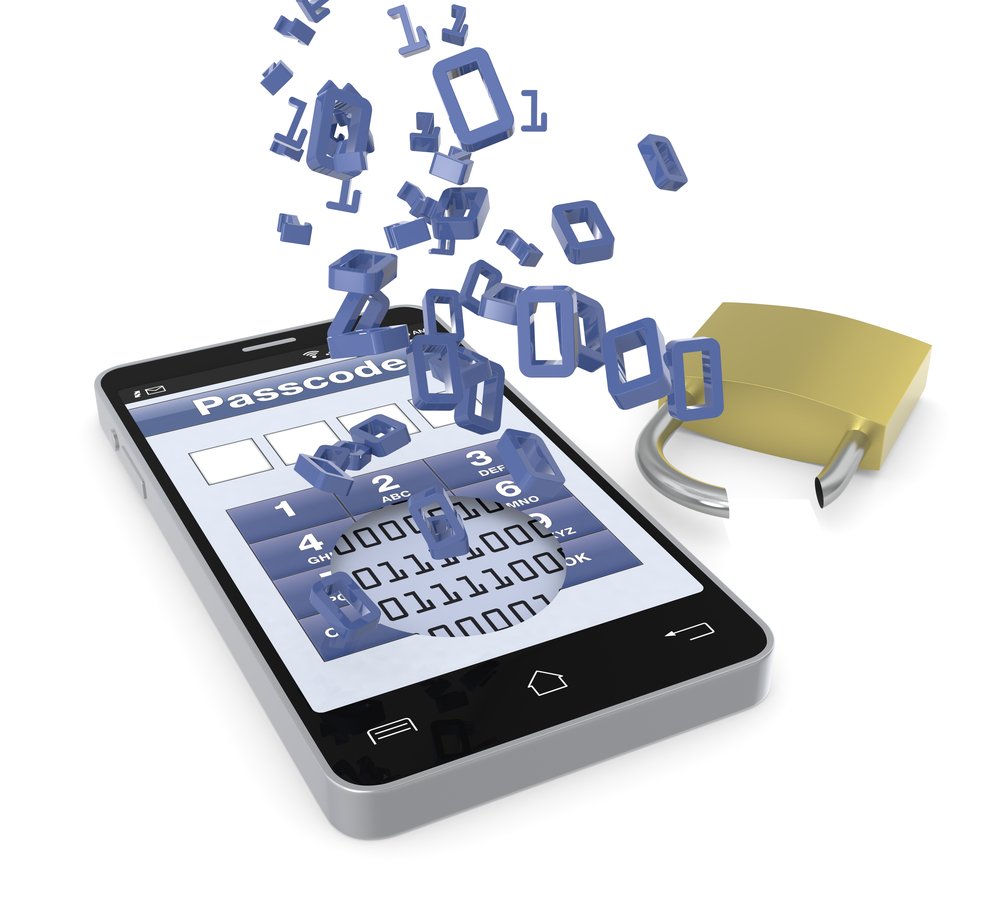As of the fourth industrial revolution today, information is the most crucial and important asset to any organization. It is, for this reason, that information to any organization should be protected wherever it resides to protect any business against reputational risks and loss of money. Businesses are trying hard to keep their networks and devices secure from cybersecurity threats, but they’re not doing enough and are leaving huge gaps for criminals and hackers to exploit.
This article is aimed at providing insights on how organizations have been reluctant of late and they initiated data leakages and data breaches as a result of not providing enough security towards network assets, that is; Desktops, laptops, tablets, and mobile devices which aren’t being protected well enough. This is reflected in Kaspersky’s report lately.
“During a cybersecurity awareness training earlier this month, many attendees claimed that they were working remotely and carried their work computers back home to accomplish their tasks out of office premises, now these were not IT technicians and not IT savvy people who carried their not well security configured devices to work and exchange confidential files as well as accomplish company tasks on the devices. Others claimed that since they are a busy individual and carry huge responsibilities at the organization, they choose to use their handsets (smartphones) to receive company emails and reply to them therein to be effective and accomplish their responsibilities with ease.”
Now, this sounds like an everyday behavior to so many employees out there which is not bad as per see but which is highly implicating the organization’s reputation in some way. Before you know, data leakages have become rampant and mostly from mobile handsets that so many employees have adopted to use for work.

Mobile security is at the top of every company’s worry list these days — and for good reason: Nearly all workers now routinely access corporate data from smartphones, and that means keeping sensitive info out of the wrong hands is an increasingly intricate puzzle. The stakes, suffice it to say, are higher than ever: The average cost of a single phishing incident is a whopping $17,700 every single minute as reflected from Kaspersky’s report this year.
So many organizations have up to today been reluctant about BYOD policy which binds usage of personal devices to share confidential organizational information on their digital handsets.
The severity of the matter
According to a new report from cybersecurity experts Kaspersky claims that almost a quarter (23 percent) of company desktops don’t have proper cybersecurity tools set up to combat intrusions/attacks, meaning they’re often nothing more than sitting ducks for threat actors.
Company Laptops, although somewhat more secure, are also a potential threat, with 17 percent not having proper security solutions set up.
The severity of the matter started with the pandemic. Where most employees reverted to remote working, where some employees carried with them company laptops to their homes, and those who weren’t given company machines to work from, opted to use their own devices instead which are even less likely to be protected, that is lack antivirus software.
“When company devices are used outside the workplace, they are at greater risk of cyber threats. Therefore, it’s troubling to discover that nearly a quarter of corporate computers and smartphones lack antivirus software, leaving them potentially vulnerable to attack.”
Here is your homework;
- Does your organization have a BYOD policy?
- Yes, you respond to company emails on your digital handset, but how secure is your handset, do you have an antivirus program running on it?
- How often does your security team assess the security of the network devices on the network (for employees that leave their company desktops without adequate security)

